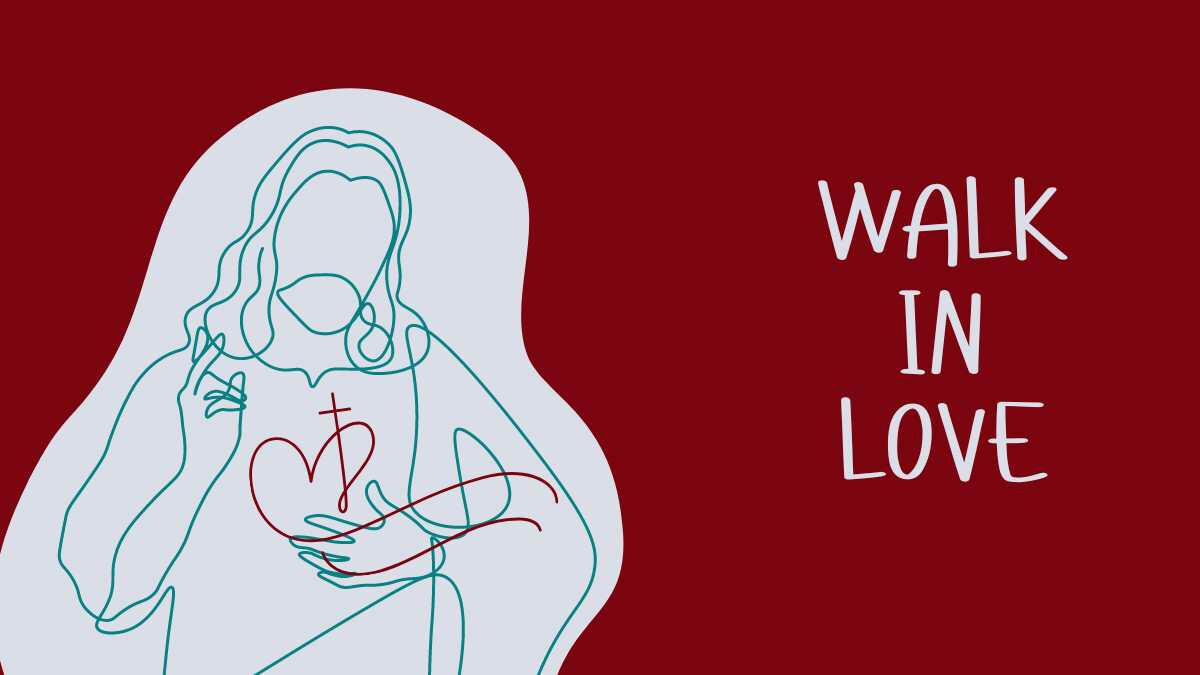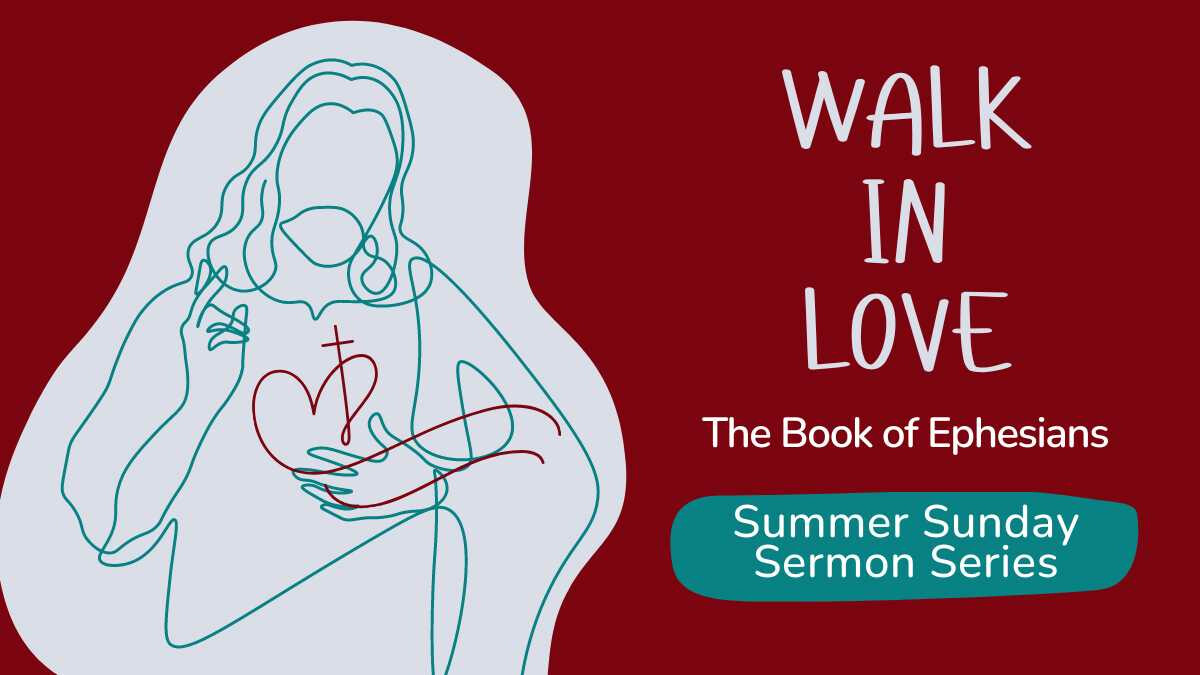
Day 39
“He who steals must steal no longer; but rather he must labor, performing with his own hands what is good, so that he will have something to share with one who has need.” Ephesians 4:28
Lay Aside Stealing, Put on Hard Work, Share with Others
Following the pattern of this section, “lay aside…put on…” followed by the reason, Paul directed the Ephesian believer to embrace the ethic of work. Let’s consider the image bearing discussion from the prior verse. Just as humans express our emotions because we are created in the likeness of God, humans are also created to imitate God in the area of work and rest. Work and rest play major thematic roles in the first two chapters of Genesis. After the six days of creation in the first chapter of Genesis, Genesis chapter 2 opens with these words: Thus the heavens and the earth were completed, and all their hosts. By the seventh day God completed His work which He had done, and He rested on the seventh day from all His work which He had done. (Genesis 2:1-2) God worked and rested. As image bearers, God provided a pattern for us as well. Hard work glorifies God because we are made in His image and God worked for six days in the creation of the heavens and the earth. Rest also glorifies God because we are made in His image and God rested on the seventh day. The Genesis creation narrative supplies a pattern for us to follow. Obviously, the omnipotent Creator of the universe did not need six days to create the universe. He could have simply created everything in an instant. The Creator also did not need to rest on the seventh day. However, the divine pattern of work and rest functions as an example for us, as His image bearing humans, to follow.
Segments of the early church seemed to struggle with their work ethic. Apparently, the Thessalonica church battled with individuals who didn’t work. In their refusal to work, they lived unproductive lives and ate food that came from other believers in the church. Paul encouraged the Thessalonians in each of the letters addressed to them. But we urge you, brethren, to excel still more, and to make it your ambition to lead a quiet life and attend to your own business and work with your hands, just as we commanded you, so that you will behave properly toward outsiders and not be in any need. (I Thessalonians 4:10-12) …If anyone is not willing to work, then he is not to eat, either. For we hear that some among you are leading an undisciplined life, doing no work at all, but acting like busybodies. Now such persons we command and exhort in the Lord Jesus Christ to work in quiet fashion and eat their own bread. (II Thessalonians 3:10-12) The work ethic issue in the church at Thessalonica required two admonitions because some were “doing no work at all.” Instead, Paul urged each person in the church to “work with your hands…work in a quiet fashion…eat their own bread.”
As with Thessalonica, Paul addressed the work ethic in his Ephesian letter. However, in this case, the individuals who refused to work had sought other means for their provisions. At Thessalonica, the unproductive church member sought provisions by eating food from other believers. That is a form of theft, the using of resources from others due to an unwillingness to work. However, in Ephesus, the theft seems more direct. Apparently, some believers supported their needs through stealing from others. Paul commanded these believers to “steal no longer.” For our culture, stealing that resembled first century theft still occurs. There are still individuals who take from other people or from business without asking or paying. However, in our culture, stealing has morphed into a cybercrime. Every email must be viewed with skepticism with offers of free money and wealth without having to do much of anything. Some hackers have hijacked personal and corporate computers as a means of extortion. These are all overtly and explicitly criminal. There is a means by which Christians can steal in more subtle ways, so subtle that we justify it. The bootlegging of software from a friend. The bootlegging of music or movies, using streaming services without paying. We steal from our employers by not working as we should. All of these things we justify due to the small dollar amounts involved in our theft. We also justify our small dollar theft by appealing to the commonality of others who are doing the same or worse. Though this command “steal no longer,” may seem to apply to a small segment of the population, we should all be careful with the temptation to cut corners on our taxes, take discounts that are not intended for us, or by failing to be a productive employee.
As with the other ethical commands of this section, the edict from Paul to cease one behavior is followed by the right and proper replacement behavior. Lay aside stealing, but instead put on hard work. Just as the prior verses reveal that speaking the truth is the antidote for the sin of lying (Ephesians 4:26-27), in this verse hard work is the antidote for the sin of stealing. We are to work hard with our “own hands” to do what is good. The concept is fairly straight forward. Instead of using your “own hands” to do what is evil, to steal from others, we should use our own hands to do what is good, to work hard. The outcome of doing good by working hard is provisions for ourselves and others. When we work hard and use our resources wisely, we have enough for ourselves but we also have extra to share with those who have true needs.
Suggested Prayer: God, please give me a work ethic that reflects Your character. Guard the integrity of my heart from taking things that aren’t mine even if small or no one will ever know. Give me integrity in the workplace and the marketplace to never take more than what I’ve earned. Amen.



Login To Leave Comment